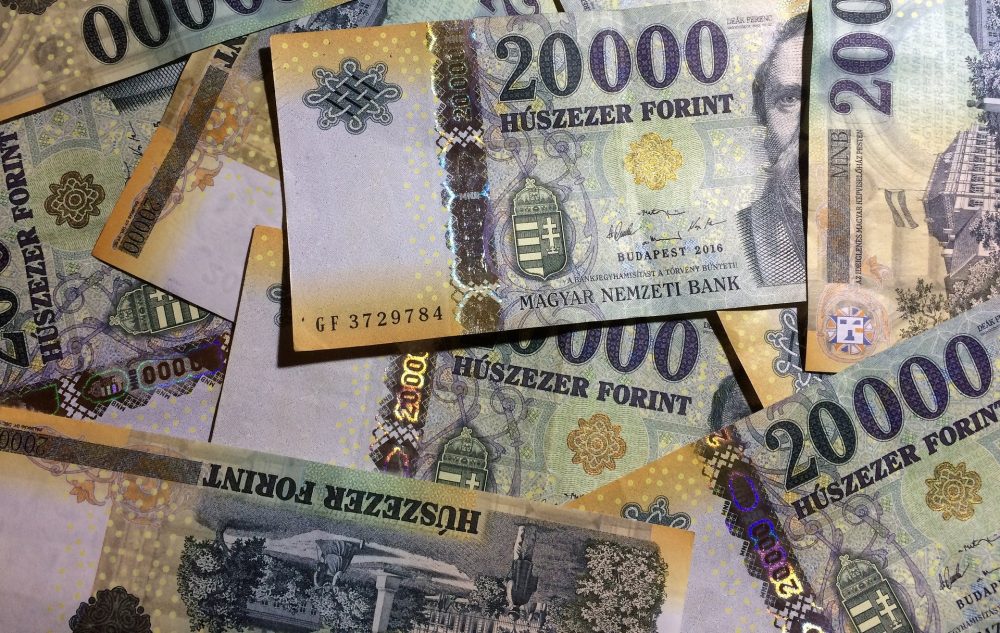
Most Hungarians would need a net monthly salary of 350,000-450,000 forints to cover increased everyday costs.Continue reading

Despite the war and the sanctions crisis, we have so far been successful in protecting jobs in both the competitive and public sectors, the Minister of Economic Development told MTI. Márton Nagy pointed out that the number of people in employment in Hungary has been above 4.7 million for six months now, while the number of registered job seekers has fallen to an unprecedented level in 2022.
In the statement, the minister stressed that in 2022, the average number of registered unemployed was only 238,168, which is a historic success, as there have never been so few jobseekers. He recalled that in 2010, when the Fidesz government came into power, 582,664 people were looking for work.
But 2022 was an exceptional year, said Márton Nagy. No sooner had the economic effects of Covid-19 been averted than war and sanctions turned the world upside down: energy prices were out of control, inflation skyrocketed, and raw materials became more expensive.
As the employment figures show, Hungarians are willing to earn their money and an increasing number of them are finding jobs.
At the same time, however, a psychological study shows that the number of workaholics is increasing.
According to the study published in Everyday Psychology Magazine (Mindennapi Pszichológia Magazin), 7-8% of people working in Hungary are workaholics.
Workaholics are characterized by compulsive work and an almost inability to say no to tasks. The phenomenon is considered by some psychologists to be an addiction, mainly affecting people aged 25-54, and more common among women. It is also a phenomenon that needs to be treated with caution because it is not possible to cope with high workloads in the long term, and after initial successes, the harmful consequences become more serious.
Featured photo via Pixabay